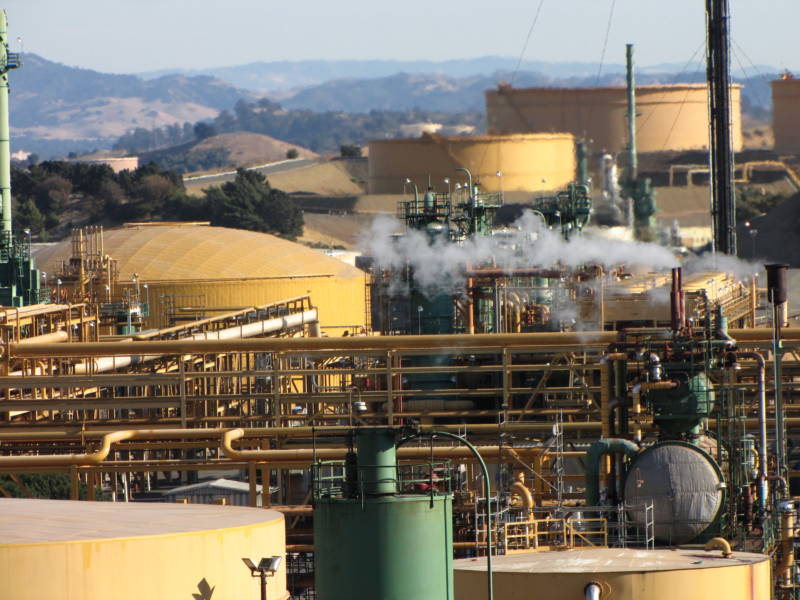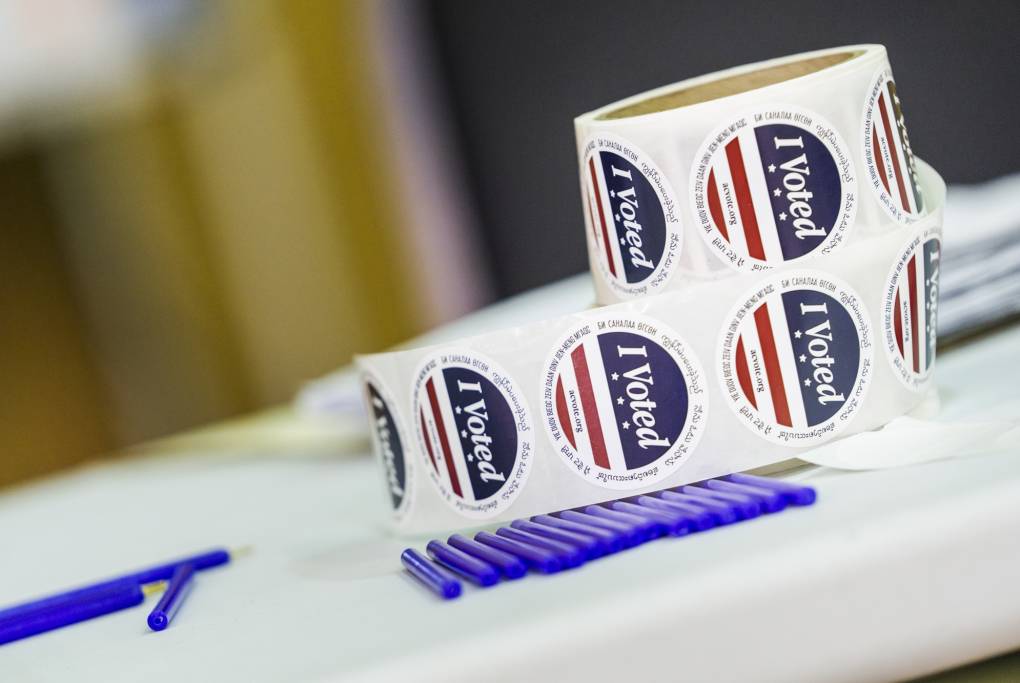Updated 11:35 a.m. Thursday
Regional and state air pollution regulators have hit oil company Valero with a penalty of $82 million for at least 15 years of unreported toxic emissions and other alleged air quality violations by its refinery in the Solano County town of Benicia.
The penalty, part of a settlement involving the Bay Area Air Quality Management District, the California Air Resources Board and Texas-based Valero, is the largest ever levied by the district and is among the biggest imposed nationwide as the result of refinery operations.
The agreement calls for $64 million of the settlement amount to be used for projects that will address the refinery’s air pollution impacts in Benicia, a city of 26,000 on the northern shore of the Carquinez Strait. The air district said those projects would be chosen in a process involving residents, community groups, advocates and elected officials. Some $16 million of the penalty will be devoted to projects in other Bay Area communities identified by regulators as “overburdened” by air pollution.


